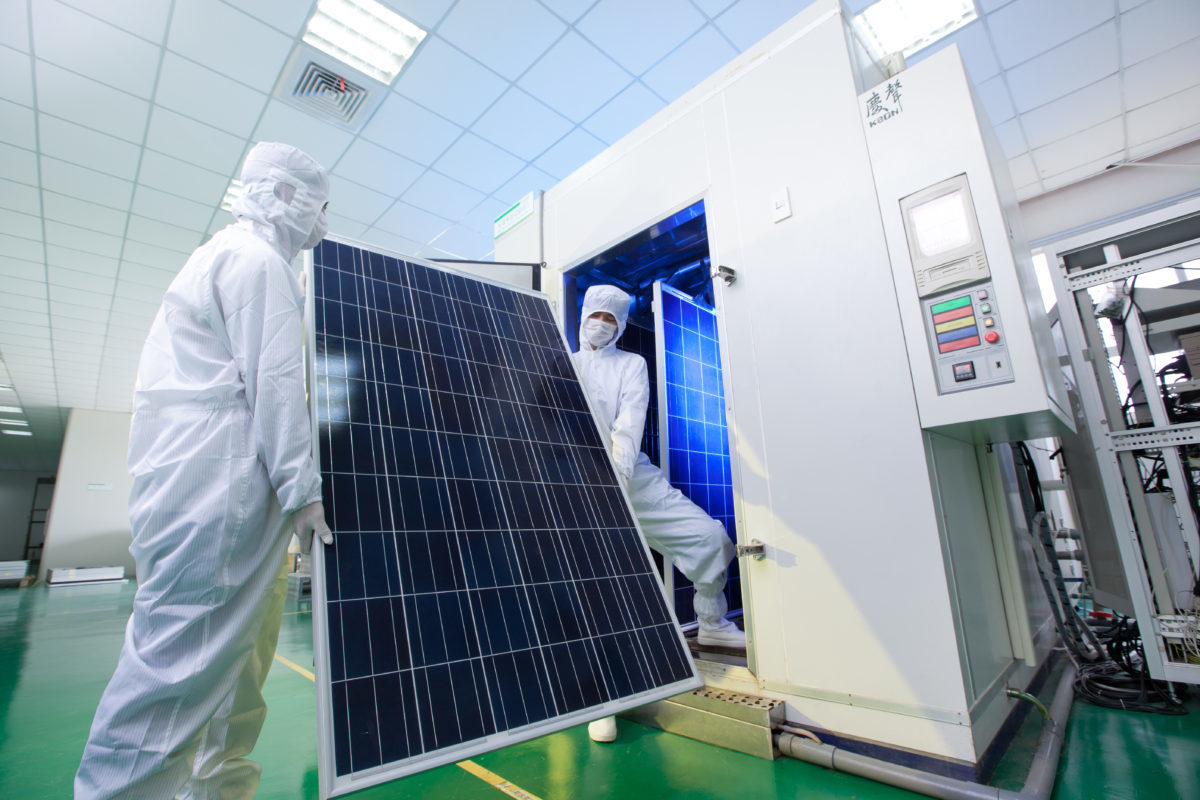After poor component quality became an unwanted feature of the Australian solar marketplace, particularly during boom periods, the CEC stepped up its quality assurance and certification program. As a part of that program, the CEC has tightened technical standards and quality testing.
“As part of our commitment to continually raising the bar across the industry, we introduced stricter requirements in the terms and conditions for companies wanting to have their products included on the lists maintained by us,” Sandy Atkins, the Clean Energy Council’s Executive General Manager for Installation Integrity told pv magazine Australia.
CEC certification is required for rooftop arrays to qualify for small-scale technology certificates (STCs), making the process a key quality assurance process.
The CEC reports that 16 companies and 488 module or inverter models were suspended or deslited in 2017. Thus far in 2018, it appears that the CEC is increasing its efforts to strike out sub-quality PV products.
“The Australian solar industry had a record year in 2017, underlining the importance of ensuring that the products which are on the market meet all appropriate standards to ensure consumers are protected,” said Atkins.
In an announcement last week, the CEC reported Shenzhen Sofarsolar inverters were deslited as of November 21. The inverter model Sofar 3000TL failed the CEC’s Passive Anti-islanding test, the Active Anti-islanding test, among other issues.
“This failure is regarded by the CEC as a potential safety issue for personnel as the inverter may not shut down under some grid failure conditions,” the CEC said in a statement.
The CEC statement reports that it is not practicable to test all of Sofarsolar’s inverter models, but delists all of the manufacturers products as a precaution.
This content is protected by copyright and may not be reused. If you want to cooperate with us and would like to reuse some of our content, please contact: editors@pv-magazine.com.










By submitting this form you agree to pv magazine using your data for the purposes of publishing your comment.
Your personal data will only be disclosed or otherwise transmitted to third parties for the purposes of spam filtering or if this is necessary for technical maintenance of the website. Any other transfer to third parties will not take place unless this is justified on the basis of applicable data protection regulations or if pv magazine is legally obliged to do so.
You may revoke this consent at any time with effect for the future, in which case your personal data will be deleted immediately. Otherwise, your data will be deleted if pv magazine has processed your request or the purpose of data storage is fulfilled.
Further information on data privacy can be found in our Data Protection Policy.